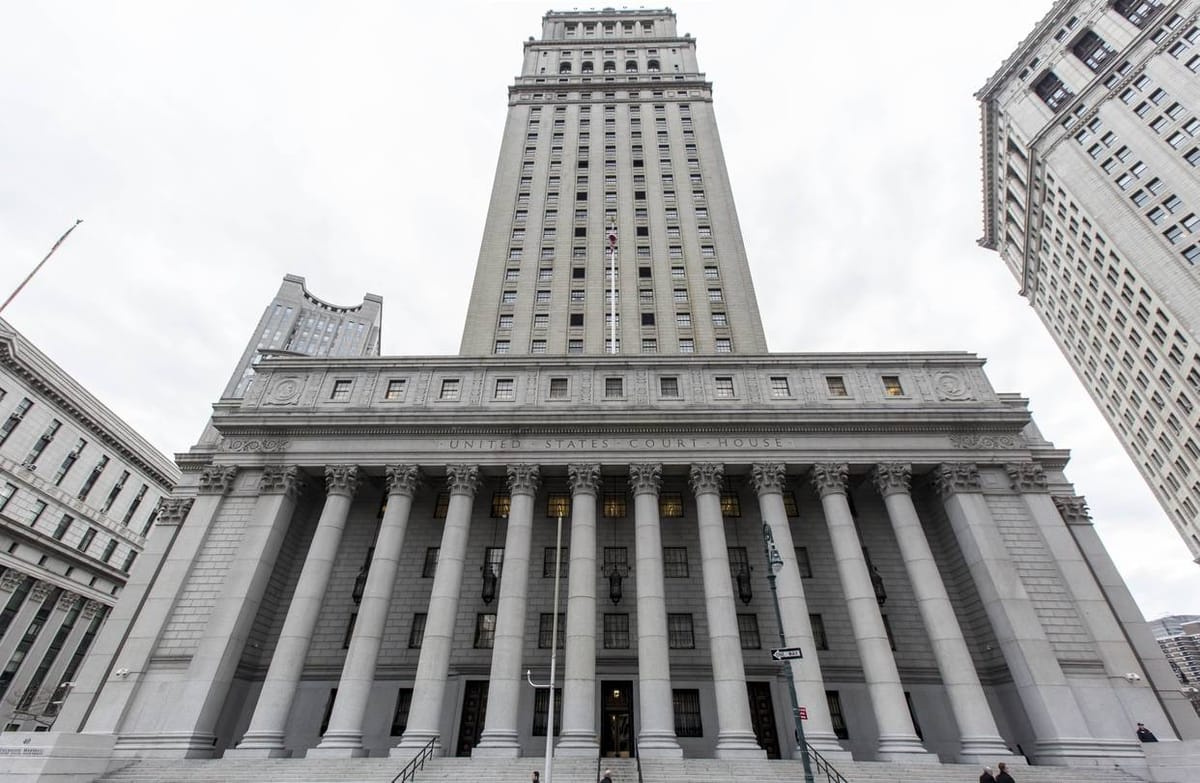Appeals Court Says Trump Can’t Block Twitter Critics
WASHINGTON, July 9, 2019 — A three-judge panel of the Second Circuit Court of Appeals has found that President Donald Trump’s use of Twitter’s “block” feature against his critics violates the First Amendment because he uses his private Twitter account for official government business. The unanimous
Andrew Feinberg

WASHINGTON, July 9, 2019 — A three-judge panel of the Second Circuit Court of Appeals has found that President Donald Trump’s use of Twitter’s “block” feature against his critics violates the First Amendment because he uses his private Twitter account for official government business.
The unanimous decision upholds a prior district court ruling which rejected the Justice Department’s argument that Trump was acting as a private individual when he blocked several critics from viewing tweets on the @realDonaldTrump Twitter account.
“[The] First Amendment does not permit a public official who utilizes a social media account for all manner of official purposes to exclude persons from an otherwise‐open online dialogue because they expressed views with which the official disagrees,” Circuit Judge Barrington Parker explained.
Barrington, who was named to the Second Circuit by President George W. Bush, took care to note that the court did not consider whether elected officials could block users from a “wholly private” social media account.
“The salient issues in this case arise from the decision of the President to use a relatively new type of social media platform to conduct official business and to interact with the public,” he wrote.
Writing for himself and his colleagues — George W. Bush appointee Peter Hall and Obama appointee Christopher F. Droney — Barrington explained that the court found that Trump “has consistently used the [@realDonaldTrump] Account as an important tool of governance and executive outreach,” based on his use of Twitter to announce personnel actions, promote administration initiatives, and numerous statements from administration officials which concede that his tweets are official statements from the President of the United States.
The three judges were “not persuaded” by the Justice Department’s arguments that the President’s Twitter account is a private vehicle for his own use and not a public forum, that blocking an individual does not prevent a user from accessing Trump’s tweets, or that the tweets are exempt from the First Amendment under the “government speech” doctrine.
“We conclude that the evidence of the official nature of the Account is overwhelming. We also conclude that once the President has chosen a platform and opened up its interactive space to millions of users and participants, he may not selectively exclude those whose views he disagrees with.” he wrote.
When reached by email, Justice Department spokesperson Kelly Laco reiterated the government’s argument that Trump’s decision to block users from his personal Twitter account does not violate the First Amendment.
“We are disappointed with the court’s decision and are exploring possible next steps,” she wrote.









Member discussion